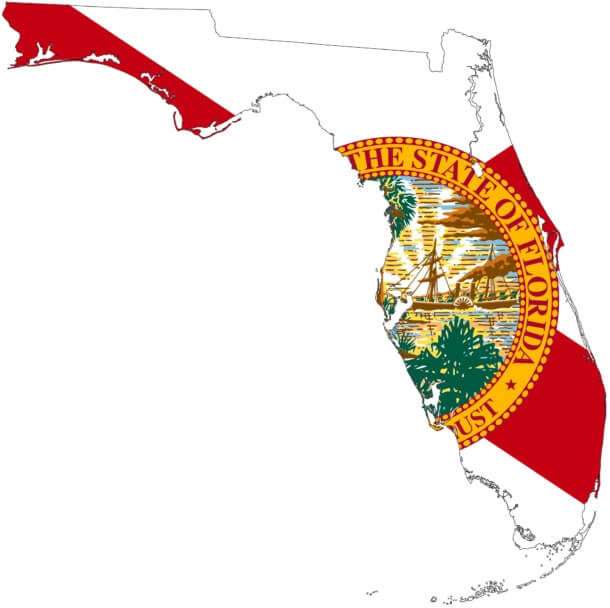by Bionic Mosquito
Last April, violence erupted in a place known as Nagorno-Karabakh. If this doesn’t sound familiar, how about Armenia and Azerbaijan? No? Perhaps the furthest southwest corner of the former Soviet Union, just east of Eastern Turkey? OK, try this: the other side of the world?
When hearing of this outbreak of violence and reading something of the history, it struck me that the situation offered a real-time opportunity to consider secession, decentralization and property rights; further, the issue of culture binding people together for purposes of defense and security. But I am getting ahead of myself – first some background about the place:
Nagorno-Karabakh is a landlocked region in the South Caucasus, lying between Lower Karabakh and Zangezur and covering the southeastern range of the Lesser Caucasus mountains. The region is mostly mountainous and forested.
It may be landlocked, mountainous and forested, but I don’t believe anyone will confuse it with Switzerland.
Nagorno-Karabakh is internationally recognized as part of Azerbaijan, but most of the region is governed by the Nagorno-Karabakh Republic, a de facto independent nation established on the basis of the Nagorno-Karabakh Autonomous Oblast of the Azerbaijan Soviet Socialist Republic. Azerbaijan has not exercised political authority over the region since the advent of the Karabakh movement in 1988. Since the end of the Nagorno-Karabakh War in 1994, representatives of the governments of Armenia and Azerbaijan have been holding peace talks mediated by the OSCE Minsk Group on the region’s disputed status.
The history of the place is the history of the region – Ottoman, Russian, Persian forces; land regularly changing hands; lines drawn to achieve political ends – think Stalin; religion – Christian and Muslim. Do you want to go back further? Turks for a thousand years and dominant for much of it, Armenians for three thousand years and dominant rarely.
Armenia, a Christian nation, is surrounded west and east by Muslim Turkic countries (Turkey and Azerbaijan, respectively), and to the south by Muslim Iran; to the north, a less-than-friendly Georgia (no, not the one with peaches).
So what of this Nagorno-Karabakh Republic?
Nagorno-Karabakh, officially the Nagorno-Karabakh Republic, Artsakh Republic or Republic of Artsakh is a republic in the South Caucasus recognised only by three non-United Nations (UN) states. The region is considered by the UN to be part of Azerbaijan. Nagorno-Karabakh controls most of the territory of the former Nagorno-Karabakh Autonomous Oblast and some of the surrounding area, giving it a border with Armenia to the west and Iran to the south. It functions as de facto part of Armenia.
The population was and remains predominantly Armenian.
Finally, what of this war that came during the early 1990s?
The Nagorno-Karabakh War, referred to as the Artsakh Liberation War by Armenians, was an ethnic conflict that took place in the late 1980s to May 1994, in the enclave of Nagorno-Karabakh in southwestern Azerbaijan, between the majority ethnic Armenians of Nagorno-Karabakh backed by the Republic of Armenia, and the Republic of Azerbaijan.
I will skip over the reports of atrocities that occurred during the dying days of the Soviet Union. To make a long story short, in the dying days of the communist empire a referendum was held in Karabakh. The majority Armenian population voted to join with the Armenian Republic; the minority Azeris boycotted the election. One thing led to another…then war. Armenians – with memories of genocide at the hands of Muslim Ottoman Turks – did not want to live through genocide at the hands of Muslim Turkic Azerbaijan.
A cease fire was declared in 1994. Since then, sporadic gunfire has been a regular feature in the region; this changed last April with the major confrontation along the disputed regions.
Continue: bionic mosquito: An Obscure Corner of the World
Continue: bionic mosquito: An Obscure Corner of the World


